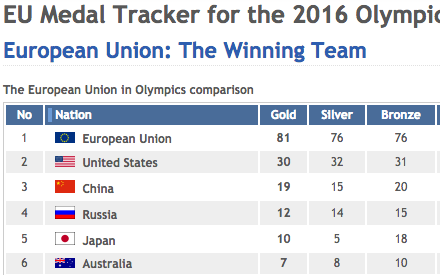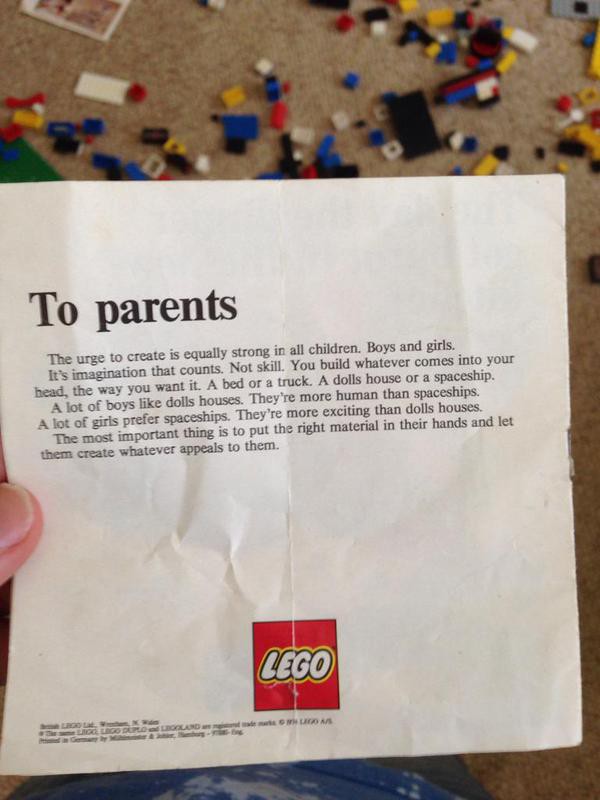I’ve been on Twitter for several years, and I have to admit that along with John Brandon, I’m finding it less useful as time goes by:
What does it mean when a major tech company starts slipping like a seal on wet rocks? Rumors about an acquisition start to rumble then quiet down, the CEO seems beleaguered and frustrated, there’s more news about Internet trolls beating up on people than the firm adding any new features, and an identity crisis becomes so pronounced it obfuscates any real purpose. Who you once were becomes less important; the big news is that you’ve lost all momentum. That’s essentially the story of Twitter, a company that seems perpetually stuck in the past. They created micro messaging and now they can’t seem to do anything else.
I use Twitter all day, but the truth is — tweets are becoming like white noise on a lost FM radio station. A colleague mentioned how the service is mostly used by celebrities, journalists and Donald Trump. That’s a vast oversimplification, but of 20 or 30 friends, not a single one bothers with the service anymore. That means my friends not only removed their account long ago, they don’t browse the feeds anymore and don’t care what anyone posts. Guess what? They’re too busy using Facebook, which provides all of the social networking they will ever need. Twitter has lost the mass market.
The phrase “pedaling backwards” comes to mind. Also, the one about “reliving former glories”. Oh, and you might as well throw in “retracing your steps” to the mix.
My primary use of Twitter these days is my various lists: my Vikings list, my Military list, and my Libertarian list are the ones I most frequently look at. My main Twitter feed? Too busy and too unfocussed to be worth more than a few minutes of scrolling. That, plus the “shadowbanning” of certain controversial users (so they’re not actually banned, but their tweets aren’t being propagated to their followers, who have to actually visit the poster’s feed to see the tweets), help to make the service less than it used to be.
H/T to Andrew Torba on Gab.ai for the link.






